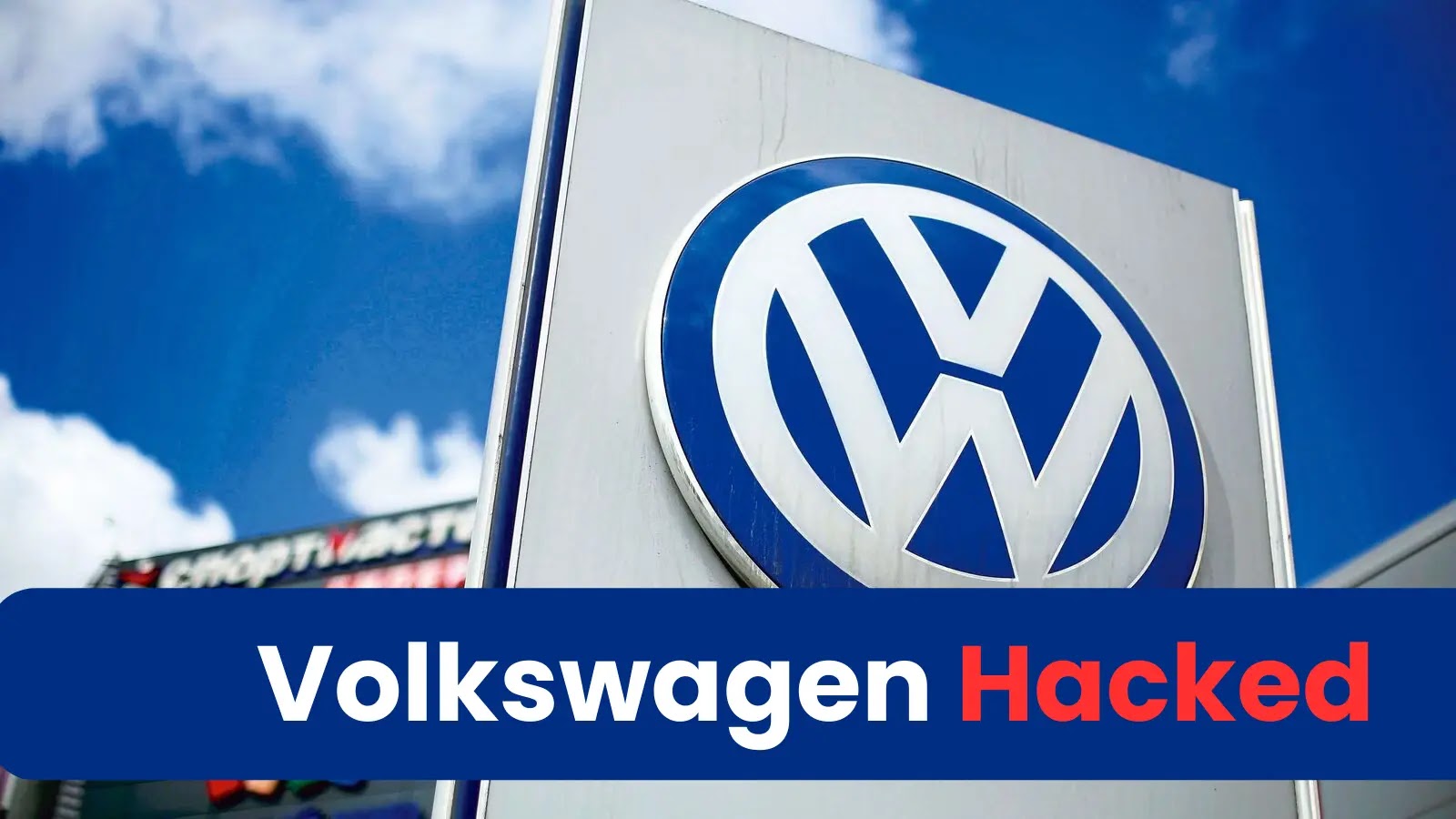Volkswagen, one of the world’s leading automotive manufacturers, has fallen victim to a sophisticated hacking operation in a significant cybersecurity breach. Investigations suggest that the cyberattack originated in China, raising concerns over international cyber espionage and its implications for the global electric vehicle (EV) industry.
The cyberattack on Volkswagen was first detected earlier this week. Still, details of the incident have only recently come to light following investigations by ZDF’s frontline journalism team and Der Spiegel.
According to joint investigations by German broadcaster ZDF and news magazine Der Spiegel, the hackers managed to infiltrate Volkswagen’s computer systems and siphon gigabytes of sensitive data related to the company’s electric mobility efforts and other core operations.
Volkswagen managed to recover files the hackers had sent to their servers and then deleted them. In total, the hackers are said to have stolen around 19,000 documents.
Is Your Network Under Attack? - Read CISO’s Guide to Avoiding the Next Breach - Download Free Guide
Nature of Stolen Data
The stolen data includes critical information on Volkswagen’s proprietary EV technologies and production strategies.
This theft directly threatens Volkswagen’s competitive edge in the rapidly growing EV market and raises alarms about the potential misuse of this information.
The specifics of the data stolen suggest that the hackers were not merely opportunistic but had a clear and targeted agenda to capture high-value technological insights.
The documents list “identified targets” of the hackers, including:
- the development of gasoline engines
- transmission development, as well
- especially dual-clutch transmissions
Preliminary analyses by cybersecurity experts have traced the attack’s digital footprints to groups known to operate out of China.
While there is no official confirmation yet linking the attack directly to the Chinese government, the nature, and sophistication of the breach suggest the involvement of entities with significant resources and capabilities.
This incident is a stark reminder of major corporations’ vulnerabilities in an era where industrial espionage can have significant economic and strategic consequences.
The automotive industry is particularly vulnerable to such threats due to its increasing reliance on digital technology and interconnected systems. Companies within the sector are now reassessing their cybersecurity protocols to prevent similar cyber incidents.
Are you from SOC and DFIR teams? – Join With 400,000 independent Researchers
Malware analysis can be fast and simple. Just let us show you the way to:
- Interact with malware safely
- Set up virtual machine in Linux and all Windows OS versions
- Work in a team
- Get detailed reports with maximum data If you want to test all these features now with completely free access to the sandbox: ..
Volkswagen’s Response
In response to the breach, Volkswagen has initiated a comprehensive security overhaul. The company works closely with cybersecurity experts and international law enforcement agencies to track the perpetrators and prevent further leaks of sensitive information.
“At that time, we were already in the process of investing significantly in our IT security and strategically strengthening it as part of ongoing security programs,” said a VW spokesman. “The incident reminded us once again of its correctness and urgency.”
Volkswagen has assured its customers and stakeholders that immediate steps are being taken to enhance security measures and safeguard against future attacks.
Global Reactions and Future Steps
The international community has expressed serious concerns over this breach, with several governments calling for stricter cybersecurity regulations and enhanced cooperation in combating cyber threats.
The incident has also sparked a broader discussion about the need for a unified global strategy to protect critical technological infrastructures.
The automotive industry and policymakers worldwide will watch closely as the investigation continues.
The outcome of this incident could very well shape the future strategies implemented to secure the increasingly digital landscape of global industries.
The cyberattack on Volkswagen is a critical wake-up call to the global automotive industry and beyond.
It highlights the growing scope and scale of cyber threats in the modern world. It underscores the need for robust cybersecurity measures to protect sensitive information and maintain public trust in technological advancements.
As we move forward, the balance between innovation and security will be paramount in shaping the future of international commerce and industry.
Combat Email Threats with Easy-to-Launch Phishing Simulations: Email Security Awareness Training -> Try Free Demo



